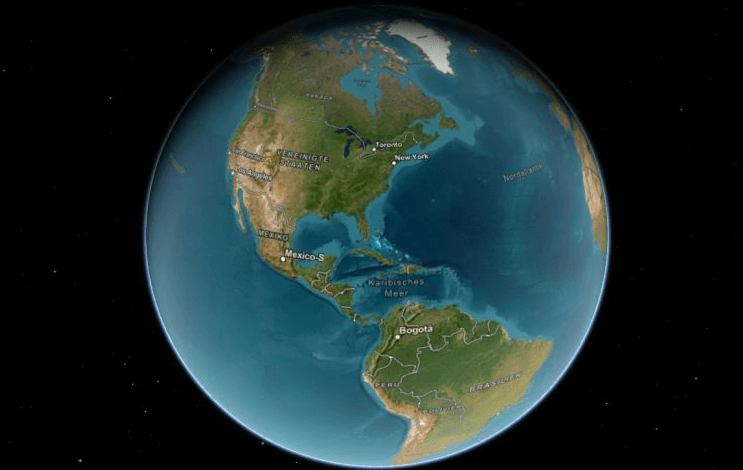Outline:4yfo_R_Yw44= Globe Map

The “Outline:4yfo_R_Yw44= Globe Map” offers a sophisticated approach to understanding Earth’s geography, addressing the limitations of conventional map projections. Its three-dimensional format not only promotes accurate visualizations of terrestrial features but also emphasizes the intricate relationships between various regions, cultures, and historical narratives. This tool’s potential extends beyond mere representation; it serves as a catalyst for educational inquiry and global awareness. As we explore its key features and applications, the broader implications of this innovative mapping technique on our perception of global interconnectedness become increasingly evident.
Overview of the Globe Map
The globe map serves as a three-dimensional representation of the Earth, providing a comprehensive and accurate depiction of geographic relationships.
Its globe dimensions allow for a more realistic visualization of spatial orientation, contrasting with traditional map projections that can distort size and shape.
This dimensionality enhances our understanding of global interconnectivity, fostering a deeper appreciation for the Earth’s diverse landscapes and geopolitical boundaries.
Key Features and Details
When examining the globe map, several key features stand out that enhance its functionality as a geographic tool.
The physical representation of landmasses and bodies of water provides a tangible understanding of Earth’s geography.
Additionally, the globe’s cultural significance is evident in its depiction of various regions, showcasing diverse societies and histories, thereby promoting a deeper appreciation for global interconnectedness and fostering a sense of freedom in exploration.
Read Also Outline:3ygtd0celne= Frog Drawing
Educational Applications
Globe maps serve as invaluable resources in educational settings, offering a comprehensive tool for enhancing geographical literacy among students.
Through interactive learning experiences, these maps facilitate a deeper understanding of global dynamics, fostering global awareness.
Exploring Geographic Perspectives
Understanding geographic perspectives is crucial for interpreting the complexities of human-environment interactions.
These perspectives shape cultural perceptions and influence spatial awareness, allowing individuals to comprehend how geographical factors affect social dynamics.
Conclusion
In an era dominated by technological advancements and two-dimensional representations, the three-dimensional Outline:4yfo_R_Yw44= Globe Map ironically serves as a reminder of the Earth’s intrinsic complexity. While it simplifies the visualization of geographic features, it simultaneously underscores the multifaceted nature of global interactions. This tool, which enhances educational experiences, paradoxically reveals how traditional methods of understanding geography may lead to oversimplification, urging a reconsideration of how knowledge about the planet is acquired and shared in an increasingly interconnected world.





